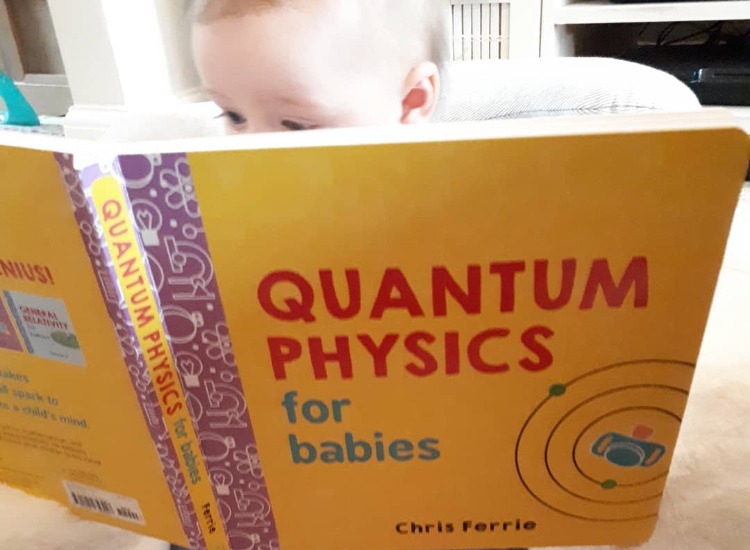New studies have revealed that brain’s activity can be modified by different forms of instructive, making it more active. Brain areas that are traditionally not associated with learning science can become active when people are confronted with solving physics problems, finds a study.
"The neurobiological processes that underpin learning are complex and not always directly connected to what we think it means to learn," said lead author Eric Brewe, Associate Professor at Drexel University in Pennsylvania, US.
The findings, published in the journal Frontiers in ICT, showed that newer brain regions associated with attention, working memory and problem solving -- the lateral prefrontal cortex and parietal cortex, sometimes called the brain's "central executive network" - showed activity when dealing with such problems.
Another area that became active was the posterior cingulate cortex, which is linked to episodic memory and self-referential thought.
"These changes in brain activity may be related to more complex behavioral changes in how students reason through physics questions post- relative to pre-instruction," Brewe noted.
"These might include shifts in strategy or an increased access to physics knowledge and problem-solving resources," he said.
Using fMRI (functional magnetic resonance imaging) to measure blood flow in the brain, the researchers looked to map what areas become active when completing a physics reasoning task, both before a course on the concepts and after.
A small group of students was taught a physics course that utilized "Modeling Instruction," a style of teaching which encourages students to be active participants in their learning.
"This suggests that learning physics is an imaginative process, which is not typically how people think of it," Brewe said, in reference to the study which aimed to further explore how students use their own mental models to understand new concepts.
"The idea of mental models is something that people who research learning love to talk about, but have no evidence of what is happening inside brains other than what people say or do," Brewe said.
"We are actually looking for evidence from inside the brain."
(With IANS inputs)

